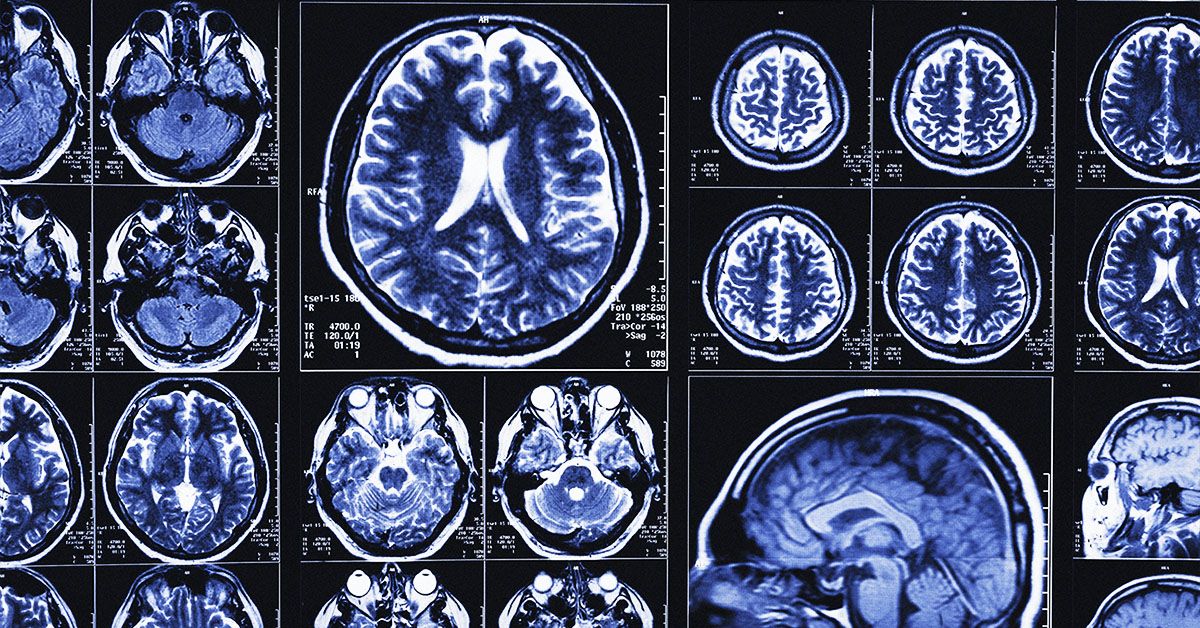Early diagnosis of dementia and Alzheimer’s disease is crucial in slowing the progression of symptoms. However, diagnosing these conditions can be challenging due to their similar symptoms to age-related cognitive decline. Researchers at the University of Cambridge have developed an AI-based tool that can predict whether someone with early dementia symptoms will remain stable or progress to Alzheimer’s disease. Dementia is an umbrella term for conditions affecting memory, thinking, and daily tasks, while Alzheimer’s disease is a specific neurological condition accounting for 60-80% of dementia diagnoses.
The AI tool developed by researchers at the University of Cambridge utilizes cognitive tests and MRI scan data to predict progression from mild cognitive impairment to Alzheimer’s disease. The tool was found to be 82% accurate in identifying participants who would develop Alzheimer’s disease and 81% accurate in identifying those who would not progress to the disease. This represents a threefold increase in accuracy over the current standard of care. The tool has the potential to improve patient outcomes by identifying those in need of closer care while reducing anxiety for those predicted to remain stable.
Manisha Parulekar, MD, FACP, AGSF, CMD, director of the Division of Geriatrics at Hackensack University Medical Center, views the development of the AI tool as a significant breakthrough in diagnosing Alzheimer’s disease early. She believes that lifestyle interventions and treatment decisions can benefit from the information provided by the tool. Similarly, David Merrill, MD, PhD, a geriatric psychiatrist at Pacific Neuroscience Institute, highlights the importance of accurate prediction in determining the need for rapid intervention to prevent conversion to full-blown dementia.
Parulekar emphasizes the need for validation of the AI tool in a larger and more diverse population to ensure its accuracy and generalizability. While the study conducted by University of Cambridge researchers shows promising results, larger-scale validation is necessary to confirm its effectiveness. The AI tool has the potential to revolutionize the diagnosis and management of dementia and Alzheimer’s disease, providing valuable insights for patients, caregivers, and healthcare providers.
In conclusion, early diagnosis of dementia and Alzheimer’s disease is essential for effective management of these conditions. The AI tool developed by University of Cambridge researchers offers a promising solution for predicting disease progression and improving patient outcomes. Validation of the tool in a larger and more diverse population is needed to confirm its accuracy and reliability. By leveraging artificial intelligence, healthcare providers can enhance their ability to identify and intervene in cases of dementia and Alzheimer’s disease, ultimately improving patient care and quality of life.











